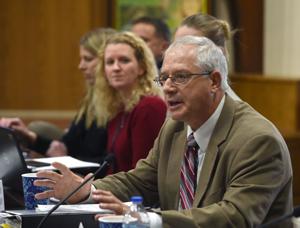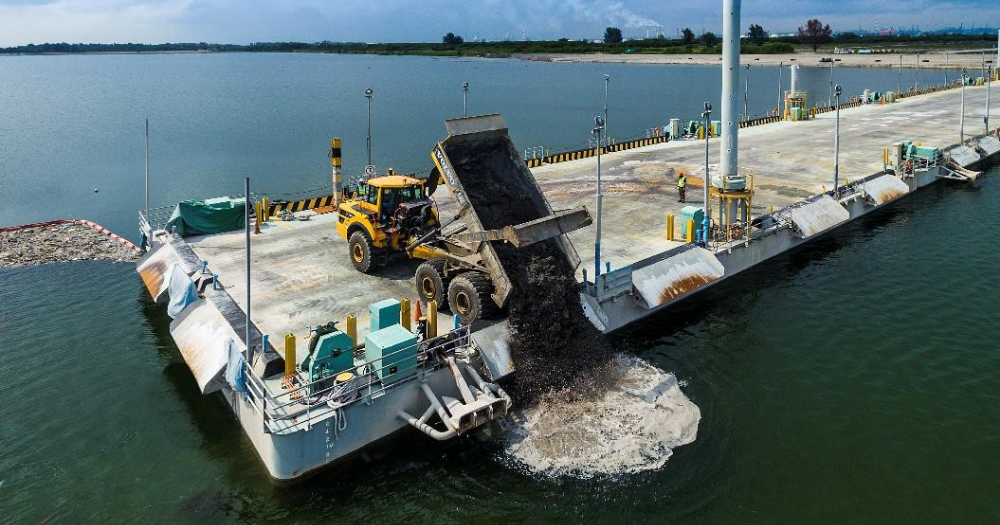
I had been thinking about this already. Then, a few weeks ago, there was an item on the TV news about a SpaceX rocket that had exploded shortly after launch, near the Turks and Caicos Islands, showing a huge amount of fiery debris falling into the Atlantic Ocean. Read this article for free: Already have an account? To continue reading, please subscribe: * I had been thinking about this already.
Then, a few weeks ago, there was an item on the TV news about a SpaceX rocket that had exploded shortly after launch, near the Turks and Caicos Islands, showing a huge amount of fiery debris falling into the Atlantic Ocean. Read unlimited articles for free today: Already have an account? Opinion I had been thinking about this already. Then, a few weeks ago, there was an item on the TV news about a SpaceX rocket that had exploded shortly after launch, near the Turks and Caicos Islands, showing a huge amount of fiery debris falling into the Atlantic Ocean.

We’re asked to recycle our newspapers and milk cartons to help save the environment, yet SpaceX owner Elon Musk can launch a rocket full of contaminant material which then explodes and crashes into the ocean and nobody blinks an eye. Who owns outer space? It should belong to everyone on Earth. No one business or billionaire should have the freedom to explore outer space without regulations about what those activities can do to our environment.
Why should they even be allowed to go there? We should all be concerned with what’s going on. Turns out I’m not alone. In January 2022, the Outer Space Institute surveyed a random sample of American adults about their opinions on space.
Of the 1,520 respondents, 81 per cent agreed with the statement “Outer space should belong to everyone.” In a book written by Michael Byers and Aaron Boley titled , the authors (Canada Research Chairs at the University of British Columbia) brilliantly put forth the challenges that underlie humanity’s expansionist cravings to explore outer space. In the early days, only highly trained astronauts with scientific missions were launched into space.
Now, private companies like Musk’s SpaceX have introduced space tourism for those who can afford US$20 million a trip. The emergence of space tourism, the authors say, raises a host of difficult issues. One is the environmental impact of launches on the Earth’s environment.
Next is the accumulation of space debris (junk) in the low Earth orbit. It’s getting crowded up there. SpaceX, having launched more than 3,000 satellites since 2019, now controls large swaths of the Earth’s lower space orbit.
And finally what would be the expectations of government agencies (such as NASA) to try and rescue tourists in distress? This is an issue currently confronting the International Space Station (ISS). In June last year, two American astronauts were propelled into space to the ISS, for an eight-day visit. They have now aged almost a year.
The private company rocket for the return trip malfunctioned, leaving the astronauts stuck there for the past seven months. SpaceX may be ready to launch a rescue operation in March, maybe April. The players involved in space-related activities include six governing countries — the U.
S., Russia, China, India, Australia, the European Space Agency and the Canadian Space Agency. So far, the three companies that have space programs are Musk’s SpaceX, Virgin Galactic and Jeff Bezos’s Blue Origin.
Elon Musk’s SpaceX only exists because of NASA contracts provided to it when it was a fragile start-up. It still relies on U.S.
Space Force contracts which are allowing the company to become ever more powerful and Musk to become ever more wealthy. A core principal set out in the 1967 Outer Space Treaty states that the exploration and use of space is “the province of all humankind.” And in 2020, the Artemis Accord established rulings on space mining.
It may be too little too late, and the wrong timing politically, to expect tighter regulations. For Musk, space exploration is a rich man’s hobby. He even has aspirations to establish a one-million-person colony on Mars, in the event that global warming destroys Earth’s atmosphere and we have to go somewhere else.
It’s apparent that it helps to become a multi-billionaire on Earth, before you can try and become an owner of outer space. But when it comes right down to it, he’s trespassing in our space. Advertisement Advertisement.











